UNDERGRADUATE ECONOMICS STUDY PROGRAM FEB UNUD HOLDS CURRICULUM IMPROVEMENT WORKSHOP
The Bachelor of Economics Study Program, Faculty of Economics and Business, Udayana University held a curriculum improvement workshop for curriculum renewal and development tailored to the competency needs of the graduate profile. In order to support the achievement of learning outcomes which also correlates with the quality of planning teaching and learning activities by lecturers which are realized in the Semester Learning Plan (RPS).
The workshop, which lasted one full day, took the theme of Formulating Graduate Learning Outcomes - Course Learning Outcomes in the Semester Learning Plan, was held on Friday, March 17, 2023 at BI Building Floor 3.3-3.4 Faculty of Economics and Business, Udayana University by presenting resource person Dr. Asep Supena, M.PSi. The Curriculum Refinement Workshop activity was opened directly by the Coordinator of the Undergraduate Economics Study Program at FEB Udayana University Dr. Ni Putu Wiwin Setyari, S.E., M.Si and attended by all lecturers in the FEB UNUD Undergraduate Economics Study Program.
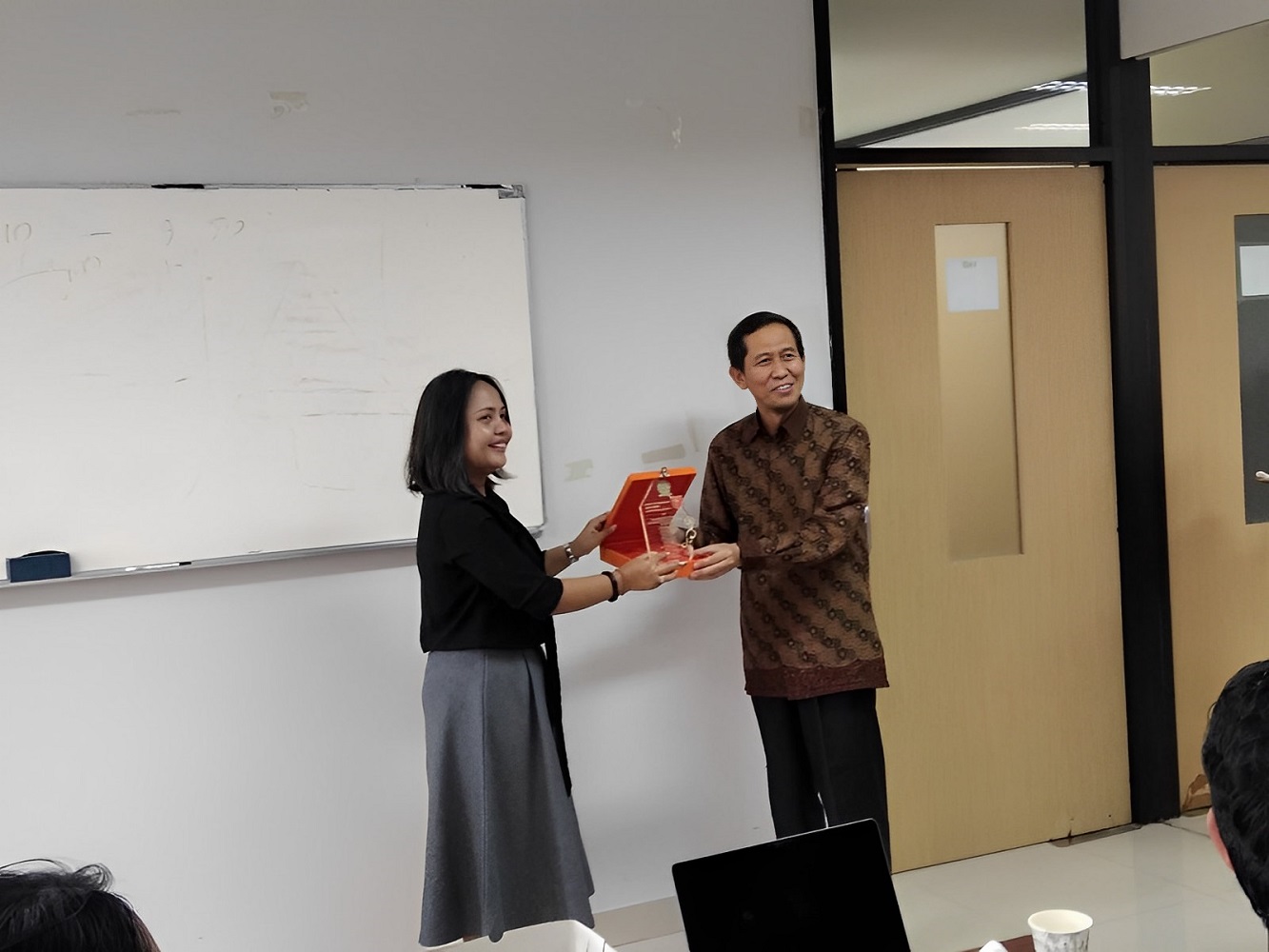
In his presentation, Dr. Asep Supena, M.Psi conveyed clearly related to the stages of preparing the Semester Learning Plan (SSP), namely through formulating learning outcomes, identifying learning materials, meeting analysis, identifying learning strategies including identifying assessment strategies which were then outlined in the form of SSP. Dr. Asep Supena also explained the terminology in the student learning experience in the RPS sub-component which can be realized in a vehicle for describing the tasks that must be done by students during one semester.
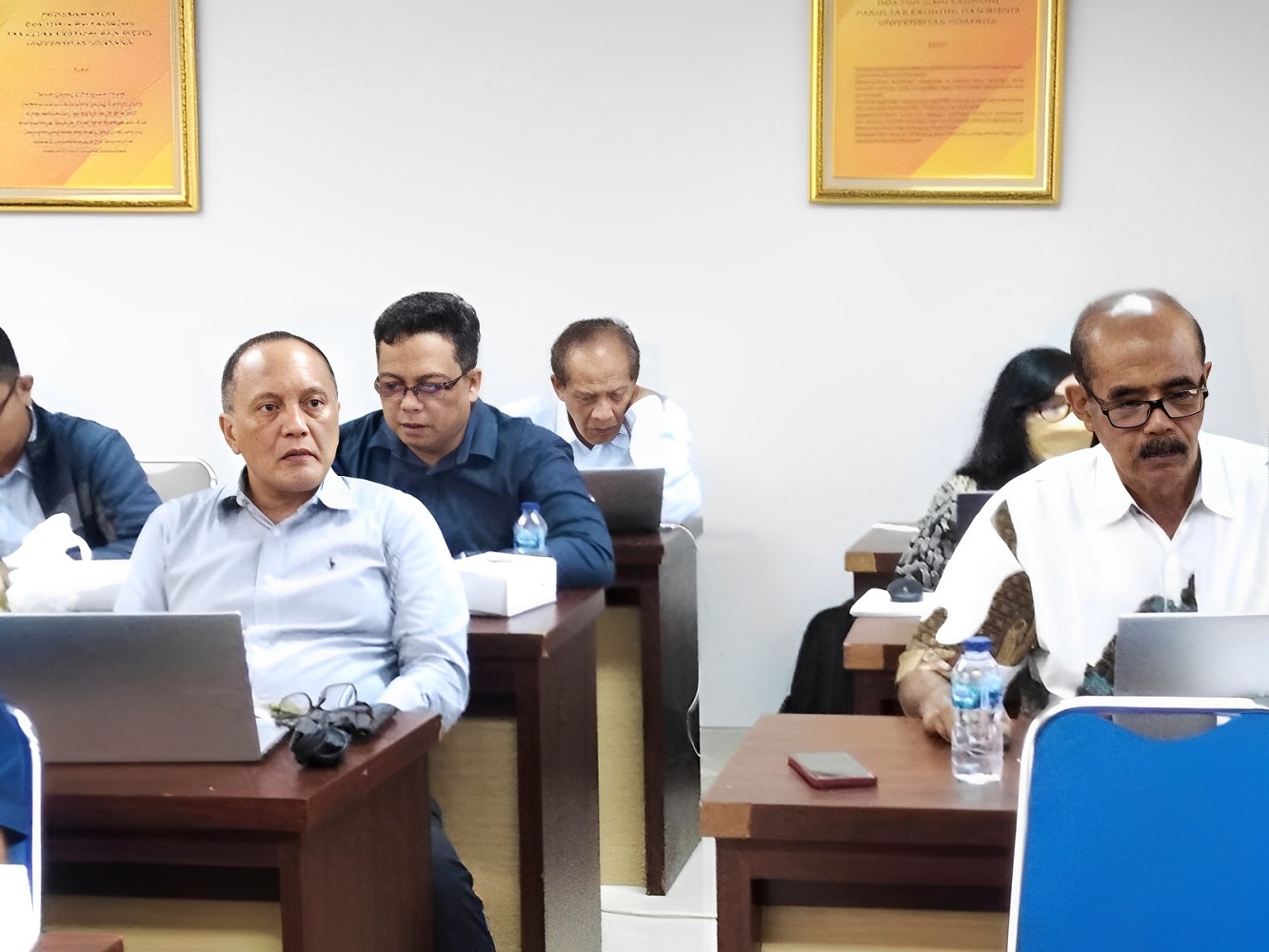
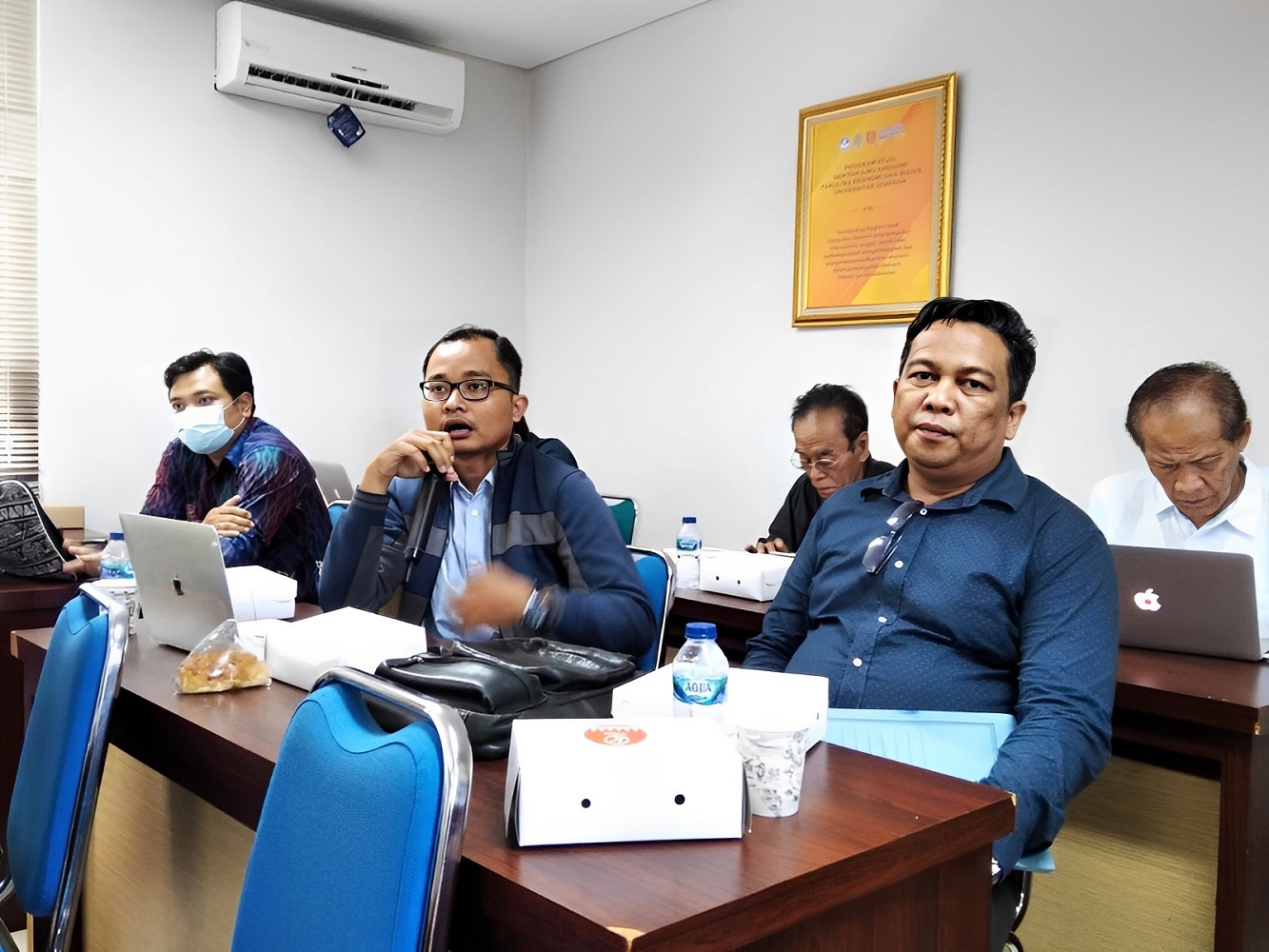
This curriculum improvement is expected to be able to implement the fundamental conventions of learning in the 21st century described as 4 Cs, namely collaboration, critical thinking, creativity and communication. The conception of learning prioritizes students as the epicenter of learning activities. Students must work together (collaboration) with other students and with their lecturers in order to construct information, interpretation and knowledge. In addition, learning must also be able to stimulate and accelerate high-level thinking skills (critical thinking) so that students develop as thinkers who have sensitivity to a problem and have extensive knowledge in finding strategies to solve problems that occur.
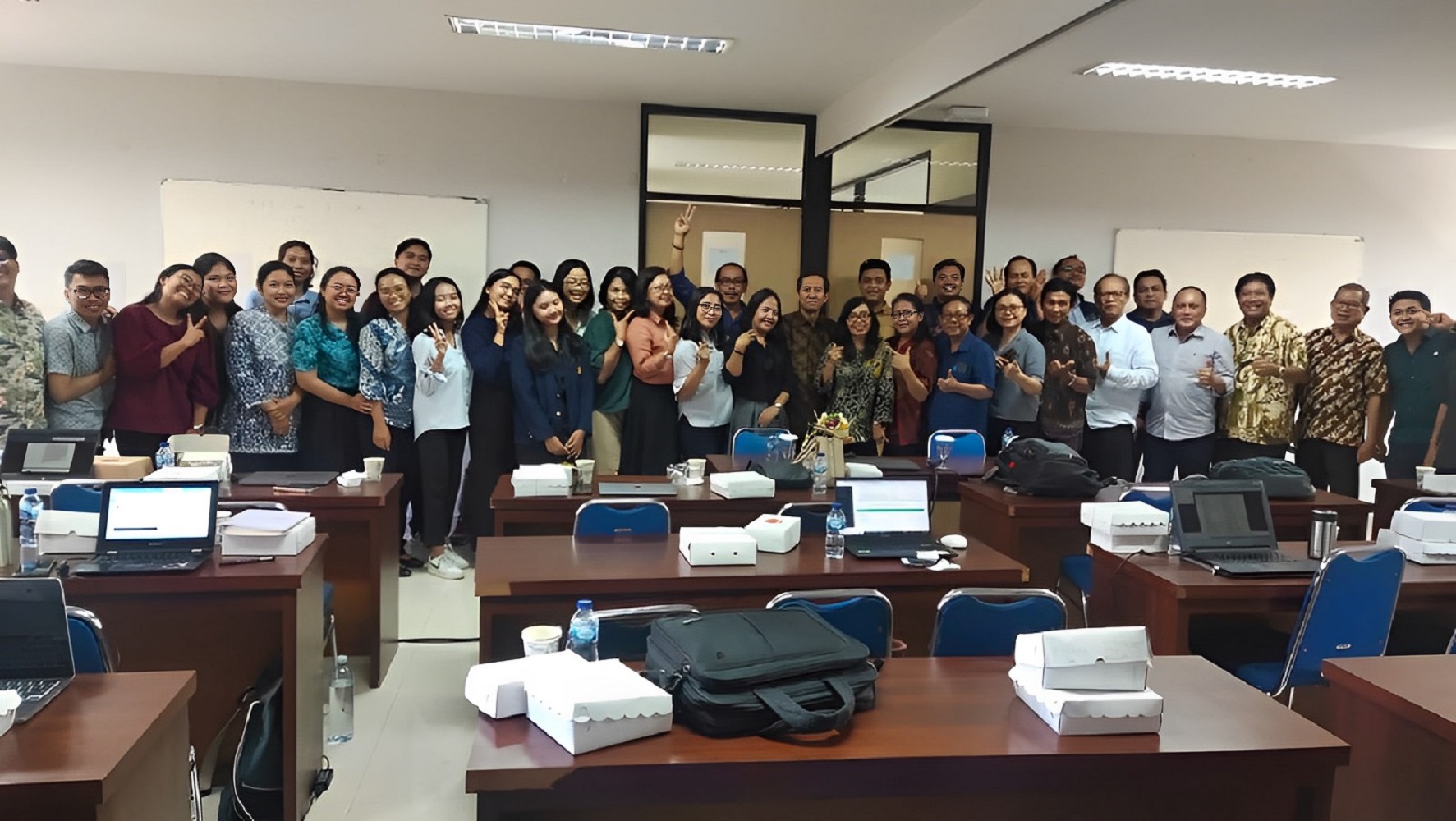

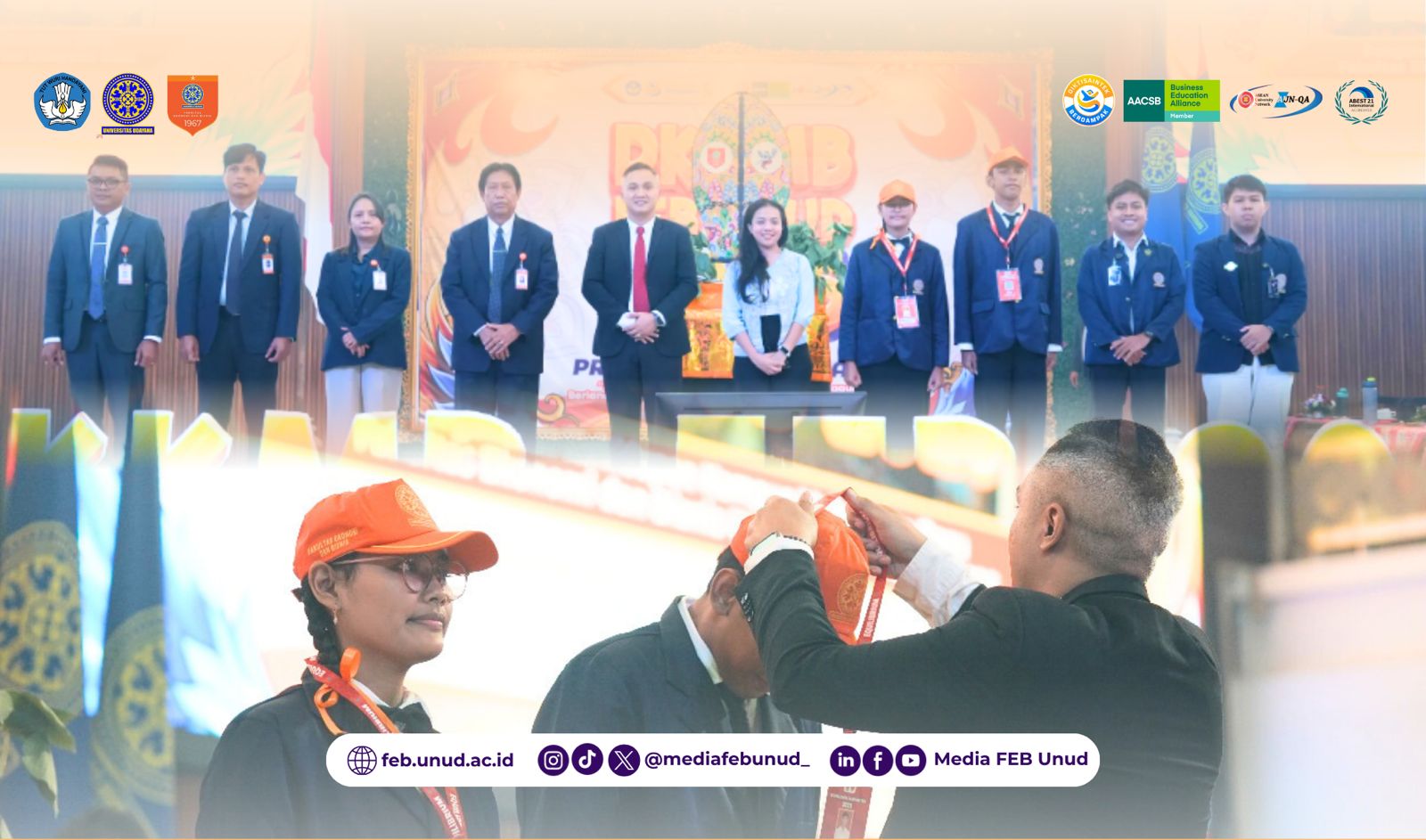
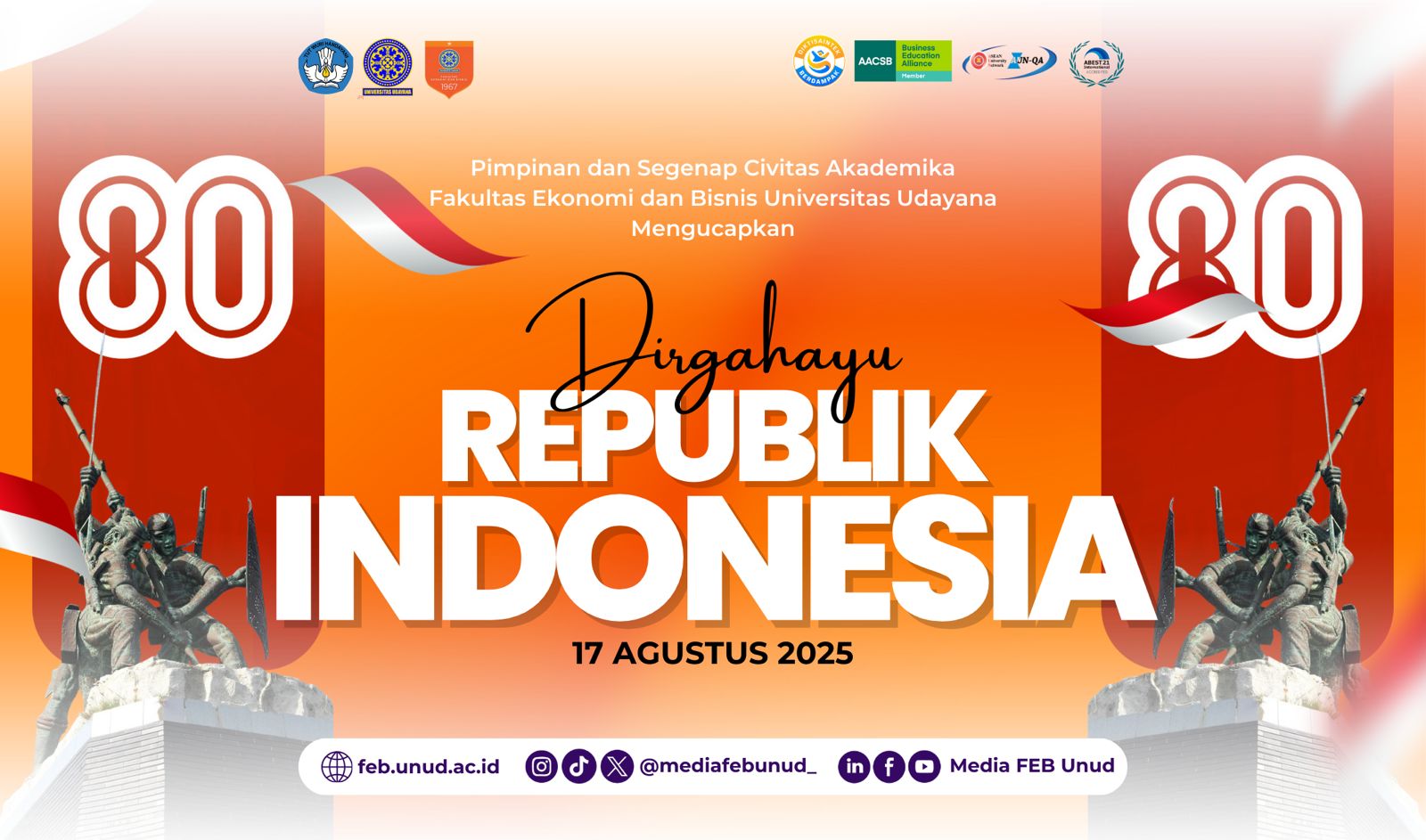
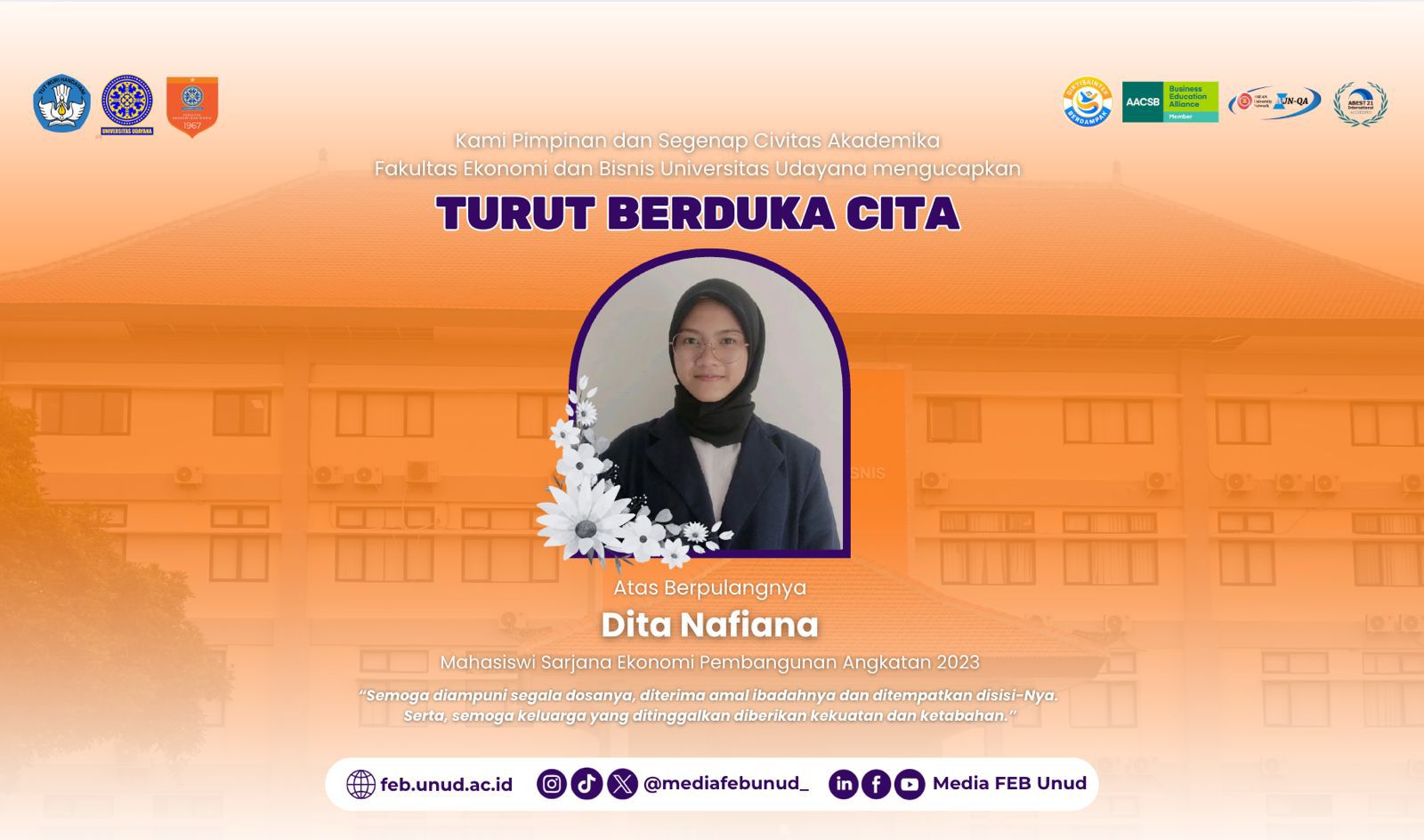
UDAYANA UNIVERSITY